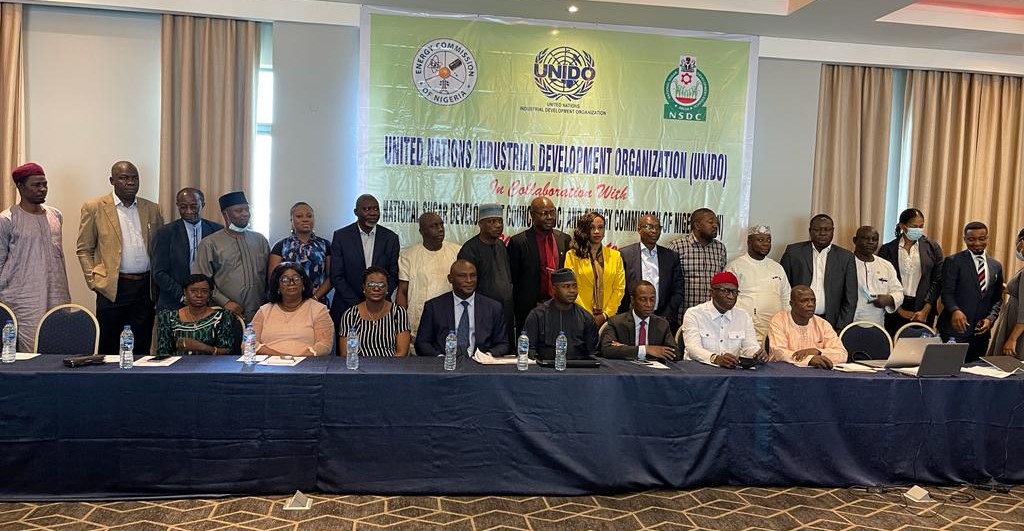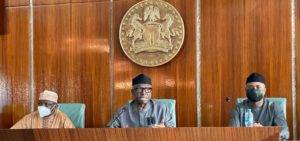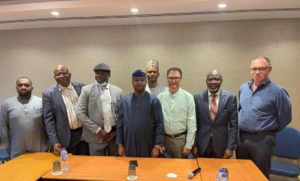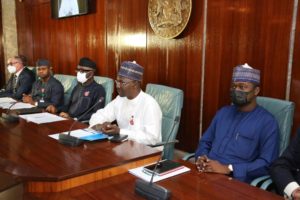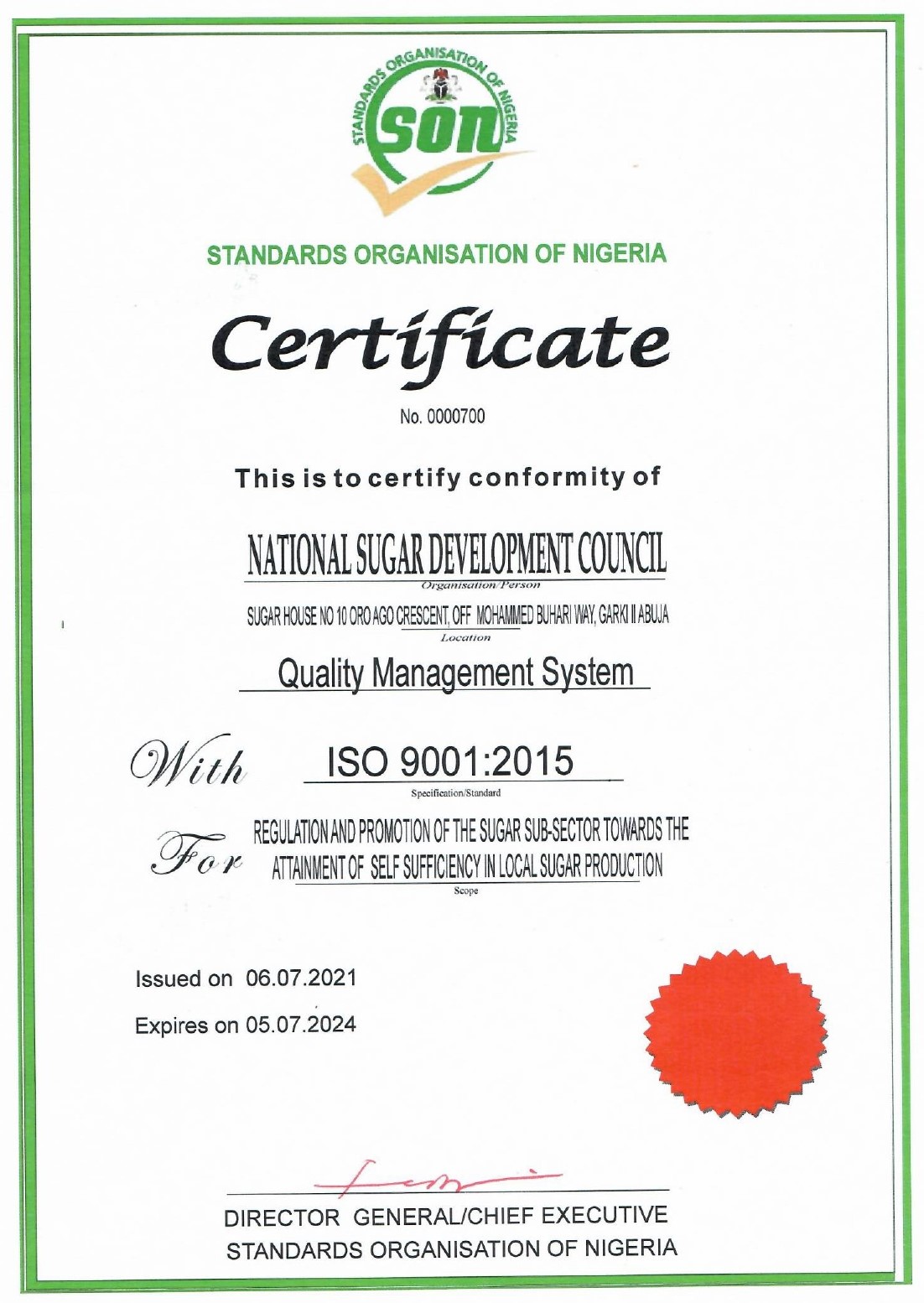Yemisi Izuora
Nigeria is taking gradual but sustainable steps in developing its bioenergy and biofuel potential to augment rural electrification’ project.
The objective of the project is to promote renewable energy as an alternative to diesel-based energy generation systems.
To actualise the noble initiative, the United Nations Industrial Development Organisation (UNIDO) has already secured a $2 million funding facility from the Global Environmental Fund (GEF) to implement the project.
This is to help reduce and avoid greenhouse gas (GHG) emissions from the energy sector in Nigeria.
The project, through its four components, is expected to develop policy and a conducive market environment, particularly by strengthening financial facilities and building capacity to replicate renewable energy minigrids for expanding rural electrification and productive uses in Nigeria.
Reuben Bamidele, national programme officer of UNIDO in Nigeria, explained that the objective is to move away from fossil fuel-based energy sources and embrace options that do not contribute to the emissions of greenhouse gases.
Bamidele said that it has been proven that one of the key elements to a buoyant and successful economy is adequate energy supply, without which nations will suffer industrialisation deficit.
“In Nigeria today, about 85 million people lack access to power from the grid, that is about 43% of the Nigerian population.”
“This practically limits the economic potential of the country but one thing is certain, there are options to address this national problem. What we need is the collective will to do it,” explained Bamidele.
UNIDO is collaborating with the National Sugar Development Council (NSDC) and Energy Commission of Nigeria (ECN) to conduct assessments on bioenergy from the sugar industry and biofuels for clean cooking.
Bamidele further said that UNIDO’s activities are tailored towards developing green industries that are resource-efficient and protective of the natural environment and human health.
Through its activities, UNIDO strives to improve competitiveness and access to markets, in tandem with improving their environmental performance. The UN agency is presently implementing the Nigeria Country Programme which runs from 2018 to 2022 which identifies Renewable Energy Development and Environmental Management as two stand-alone components out of nine focus areas.
Bamidele stated that UNIDO is well positioned to support countries in identifying and addressing emerging energy and environmental issues.
Director General of the Energy Commission of Nigeria, Professor Eli Jidere Bala, commended UNIDO for refusing to give up on its effort to promote its Waste to Wealth initiative in Nigeria despite the setbacks experienced since 2012.
Bala stated that the UNIDO-GEF project was designed to demonstrate the conversion of biomass to energy by establishing a 5MW rice-husk powered electricity plant, originally planned in Abakaliki within the Ikwo Rice Mill Cluster in Ebonyi State.
Bala said, in the end, instead of the targeted 5MW capacity plant, four separate projects of almost 3MW were executed using a special purpose vehicle (SPV) called Abakaliki Power Plant Limited (APPL). This SPV is currently developing a 1.5MW capacity rice husk gasification projects in Ebonyi State comprising of a 1,000kW plant in Ikwo and a 500kW plant in Uburu.
He said UNIDO went further to assess sawmill waste wood generation in Ondo State that investors – Quintas Renewable Energy Solutions in Ofosu, Ondo State – indicated interest in developing into a 200kW wood waste to energy project; and a 1,000kW biomass gasification plant by Prado Power Limited in Idanre, Ondo State. Unfortunately, both project were recently cancelled.
“In the 1960s, out of sheer need and desire to meet the sugar needs of the country, the federal government of Nigeria stepped up the production of sugar cane with some processing facilities springing up in parts of the country.
“Today, the processing of sugar-cane and other agro-produce in the country has generated considerable amount of wastes that should be converted to useful energy. Nigeria is blessed with abundant energy resources (fossils and renewables) that can be easily exploited and transformed into electricity, fuels and heat,” said Bala.
The irony, according to the professor, is that only about 40 per cent of the population of the resource-rich country has access to electricity and the proportion of electricity access is even lower in rural areas.
“For decades, efforts towards addressing this ugly situation had been on fossil fuels without much success.
“But, today, we are here because we strongly believe in the diversification of the nation’s energy supply mix to include all energy resources in their right proportion for sustainable development.
“This can be achieved by generating electricity within the load centres using energy resources available to them. It is therefore commendable that the UNIDO is investigating the potential of generating electricity from agro-wastes,” explained Bala.
Culled from https://orientalnewsng.com/nigeria-advances-in-use-of-sugarcane-to-resolve-energy-crises/

